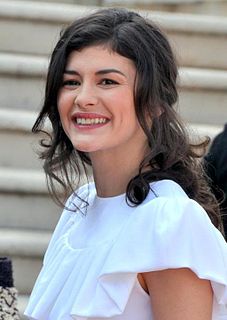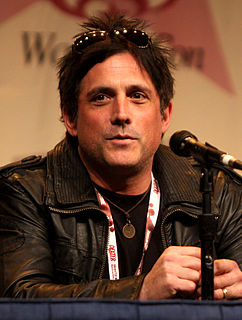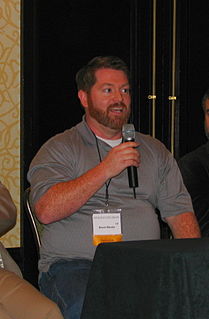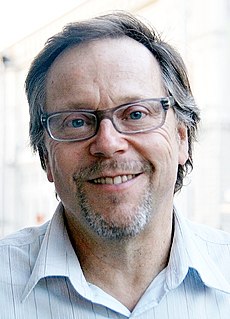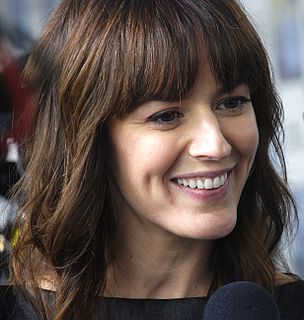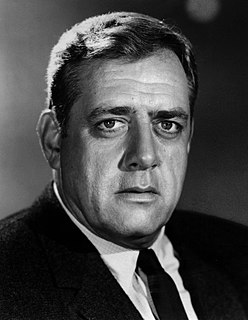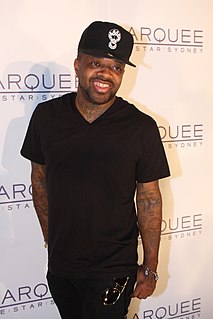A Quote by Zoe Kazan
I think most actors jump at the chance to do something where the camera's on them all the time.
Related Quotes
I like to think in camera, but at the last minute the most important thing is that there is something happening between the actors. But good actors can have a lot of scenes going around them but sometimes it sort of helps the performance because it takes their mind off of who they are supposed to be.
Fortunately, I have an amazing partner that allows us to do these different things, who will be directing an episode himself soon, I'm sure. But, it's amazing. I love directing and I think that it allowed me to get closer to the actors and actually work with them on a level that I haven't before, and really get down there with them. I would jump at the chance to do it, anytime I could.
I’ll spend my life training just for the moment I have my chance at you. I’ll wait until you think I’ve forgotten today. I’ll wait until you think it was just a dumb guild rat’s threat. After I’m a master, you’ll jump at shadows for a while. But after you jump a dozen times and I’m not there, you won’t jump just once, and that’s when I’ll be there. I don’t care if you kill me at the same time. I’ll trade my life for yours.
You make a record like 'Jump,' people are stuck in that world. They want you to keep making records like 'Jump.' People don't understand that you got to move on; you got to do something else. You have to evolve and go to something else. And most of the time, when it's time for you to move, other people are not prepared for that move.
Film just chews up actors like nobody's business, and I'm not particularly interested in being chewed up. I think the camera can only look at somebody's face for so long. I guess you have to accept the roles you think are right at the time. You can build a career, but these days there doesn't seem to be that much interest in people being actors.
The thing I was up against in documentary films - was trying to get non-actors to convincingly play themselves in a way I'd come to know before the camera started rolling. And many non-actors can't do that convincingly, even if they just have to play themselves - they can't be naturalistic. And I would always want to recreate something I'd witnessed them do or say, and it just would be incredibly difficult because of the fact they weren't actors.

